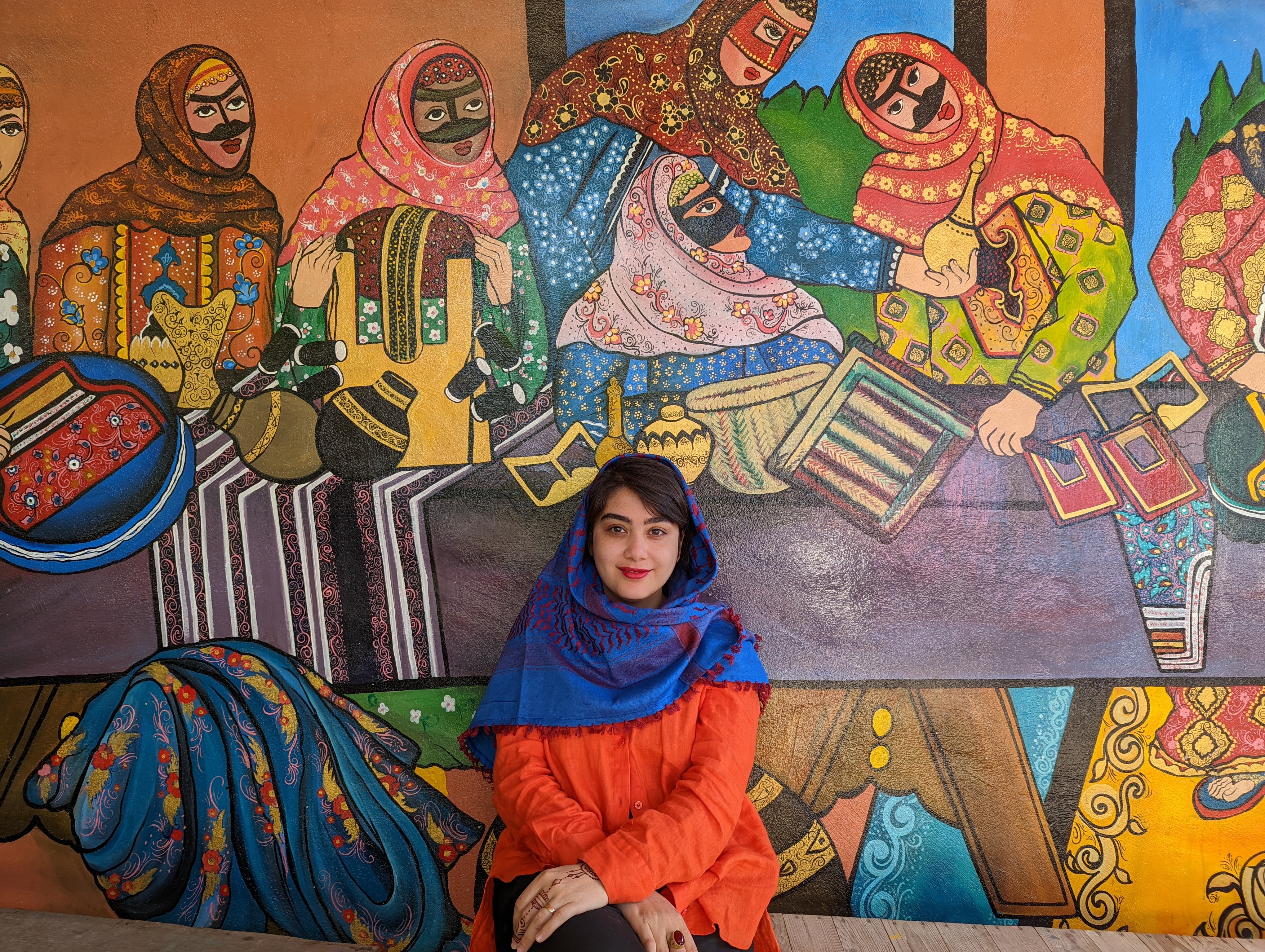Elmira Alihosseini received her MA in cultural anthropology from Johns Hopkins University and is now a PhD candidate in the Department of Anthropology at the University of Toronto. She is currently completing her doctoral dissertation, which explores the personal and familial life histories and circumstances of Afghan Hazara refugees in Mashhad, Iran. Based on more than twenty months of ethnographic fieldwork and follow-up research from 2015 till now, her doctoral dissertation, titled “Fugitive Territories: The Hazara Refugees’ Life at the Threshold,” investigates textures of ordinary life in a situation in which conditions of prolonged waiting and uncertainty are experienced as a form of life and not a temporary break from otherwise secure routines of the everyday. By attending to the scenes of the domestic and exploring kinship and neighbourly relations among the residents of Golshahr, and other mixed urban slum neighbourhoods in Mashhad, her dissertation discusses how long-standing forms of mutuality and obligation formed in the urban space are informing circumstances of precarious protection available to refugees in Iran. Her interests reside in the overlapping themes of neighbourhood, history and the politics of sanctuary, poverty, displacement, care and the violence of kinship, and she explores these by engaging with the anthropology of everyday life, political anthropology, and the study of urban geography.

